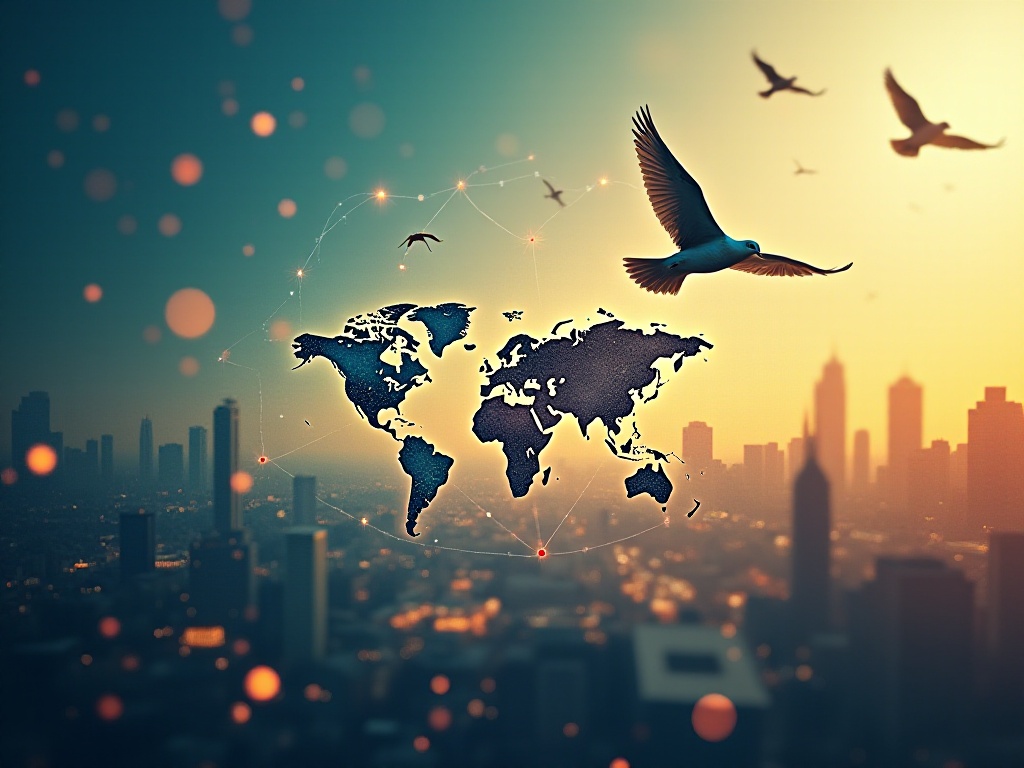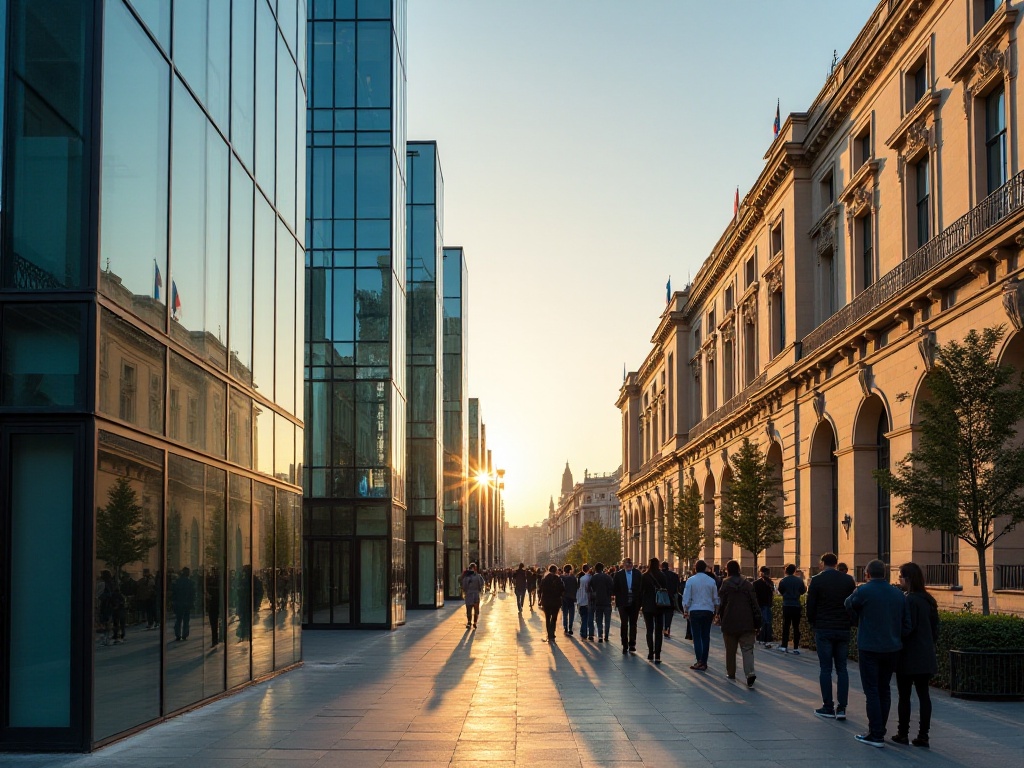Opening Chat
Recently, my private messages have been flooded with U.S. visa questions, with followers asking daily "How can I secure a U.S. visa?" and "What should I pay attention to during the interview?" As a travel blogger who has visited over 30 countries, I deeply understand that the U.S. visa process is both appealing and stressful. Thinking back to my first U.S. visa application, I was also on pins and needles, worried that any mistake would waste thousands of yuan. After years of experience, I think it's time to share my "visa insights" with everyone.
Demystifying Visas
Many people still view visas simply as "a piece of paper in your passport." This understanding is too superficial, like only seeing the tip of the iceberg. A visa is essentially a country's "admission ticket," just like you need an invitation to attend a high-end party - how could you get in without one?
I remember when I first started traveling around the world, I was also confused about various visa types. Once I almost made a silly mistake, nearly using a tourist visa for a business conference, thankfully caught in time by an experienced colleague. Looking back, I was really young and reckless.
Different visa types are like different passes, each with its specific use and permissions. Take the most common tourist visa - it's like a ticket to a scenic area where you can explore freely but can't conduct business. A business visa is more like a mall work permit, allowing commercial activities but not employment.
The U.S. Visa Story
The U.S. visa is truly special. Its application system is like a precise machine with every part fitting perfectly. Let me give you an analogy: the U.S. visa system is like an intricately designed castle, with each visa type being a key to different areas of the castle.
The B1/B2 visa is the most common combination visa, like a master key that opens two rooms. B1 lets you enter the business area for business meetings, negotiations, and exhibitions; B2 is your pass to the entertainment area for tourism, visiting friends and family.
I had a friend who almost got into trouble for not understanding visa type boundaries. With a B1/B2 visa, they tried to intern at a U.S. company and were deported when caught by customs. This lesson teaches us that we must understand visa boundaries clearly.
Through years of conversations with various friends, I've found many misconceptions about U.S. visas. Some think having large bank deposits guarantees approval, others believe using an agency ensures success. These are all wrong. U.S. visas prioritize the applicant's credibility and social stability.
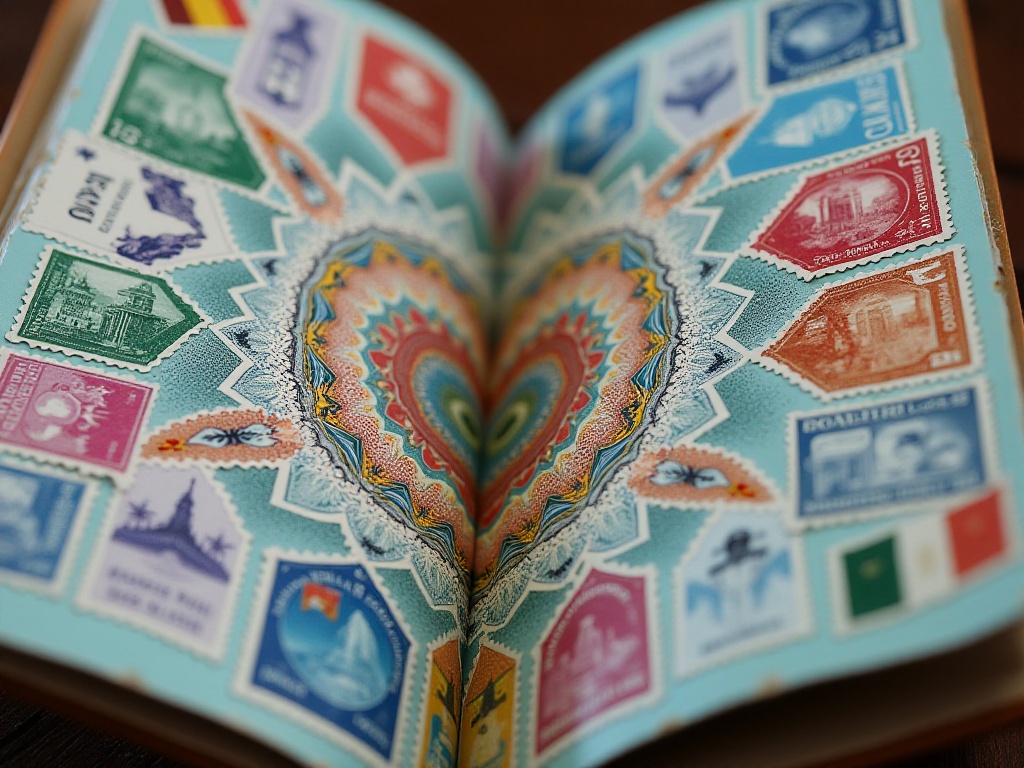
Application Strategy
Applying for a U.S. visa is like playing a video game - every step matters. First is completing the DS-160 form online, which is like a detailed resume covering everything from basic information to work history and travel plans. Many find this form troublesome, but it's manageable if you take it step by step.
I suggest finding a quiet environment to fill out the DS-160, having your passport, education certificates, work proof, and other documents ready, and taking your time. I remember making several mistakes on my first try because I rushed, forcing me to start over.
Scheduling an interview is also tactical. Many don't know that U.S. embassies release interview slots daily, usually at midnight. I once stayed up late to secure an ideal interview time. Now it's easier as slots are released at various times.
Regarding documentation, I suggest neither too little nor too much. Essential materials include passport, DS-160 confirmation page, visa fee receipt, and 2-inch photos. Supporting documents like property certificates and bank statements can be brought as backup but don't need to be prominently displayed.
The most interesting interview I witnessed was last summer. A young woman in front of me wore formal business attire with perfect makeup. The visa officer asked her just three questions: Why are you going to the U.S.? How long will you stay? What's your current job? She answered concisely and got approved in less than three minutes. What does this show? Visa officers value honest, natural responses over external appearances.
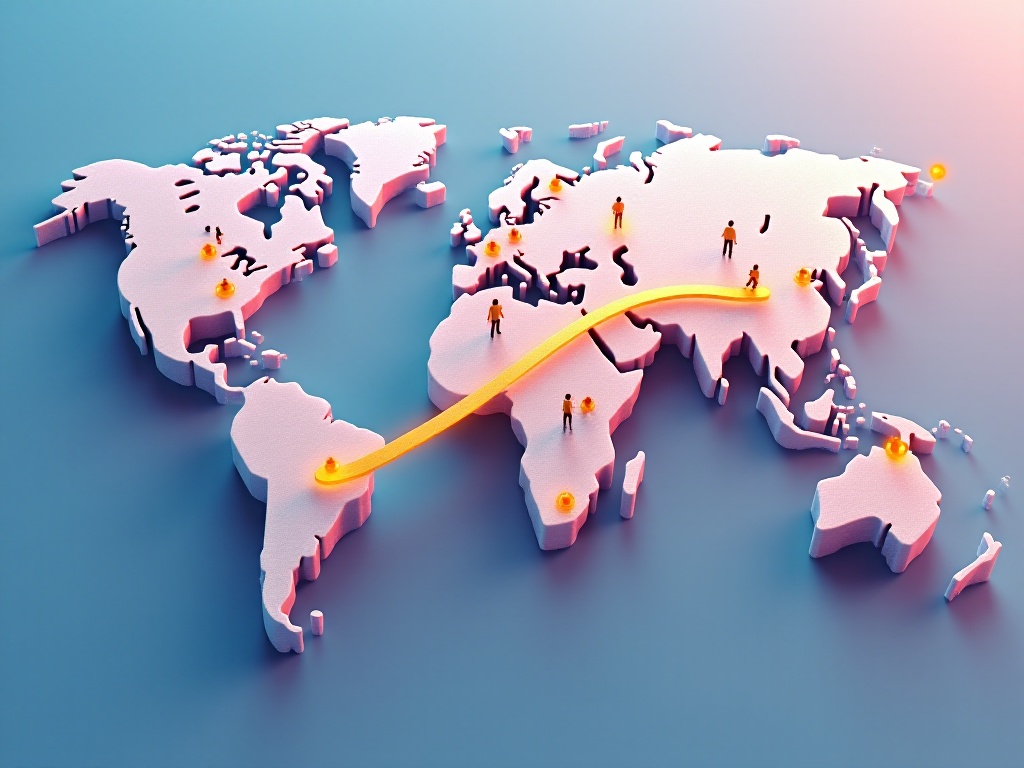
Forbidden Zones
There are definite pitfalls in the U.S. visa application process. Some people think they can find job opportunities by staying in the U.S. for a few months - this thinking is very dangerous. B1/B2 visas absolutely prohibit working in the U.S., with serious consequences for violations.
Even worse is applying with the mindset of "get the visa first by any means." The U.S. immigration system is highly digitized - if caught providing false information, you'll not only be rejected but may affect future applications.
I know a student who concealed having a boyfriend in the U.S. during their visa application, but the visa officer saw right through it. Although they eventually got the visa, it was a very risky situation. That's why I always emphasize that honesty is the best policy.

Policy Comparisons
Visa policies vary dramatically between countries. Many countries now offer visa-free or visa-on-arrival policies for Chinese tourists, like Morocco and the UAE. But U.S. visa policies remain strict, which is why people say U.S. visas are hard to get.
However, from another perspective, while U.S. visas are difficult to obtain, they're very valuable once approved. First, they're valid for 10 years with multiple entries. Plus, having a U.S. visa helps when applying for other country visas. I've experienced this several times - visa officers' attitudes noticeably improve when they see my U.S. visa.
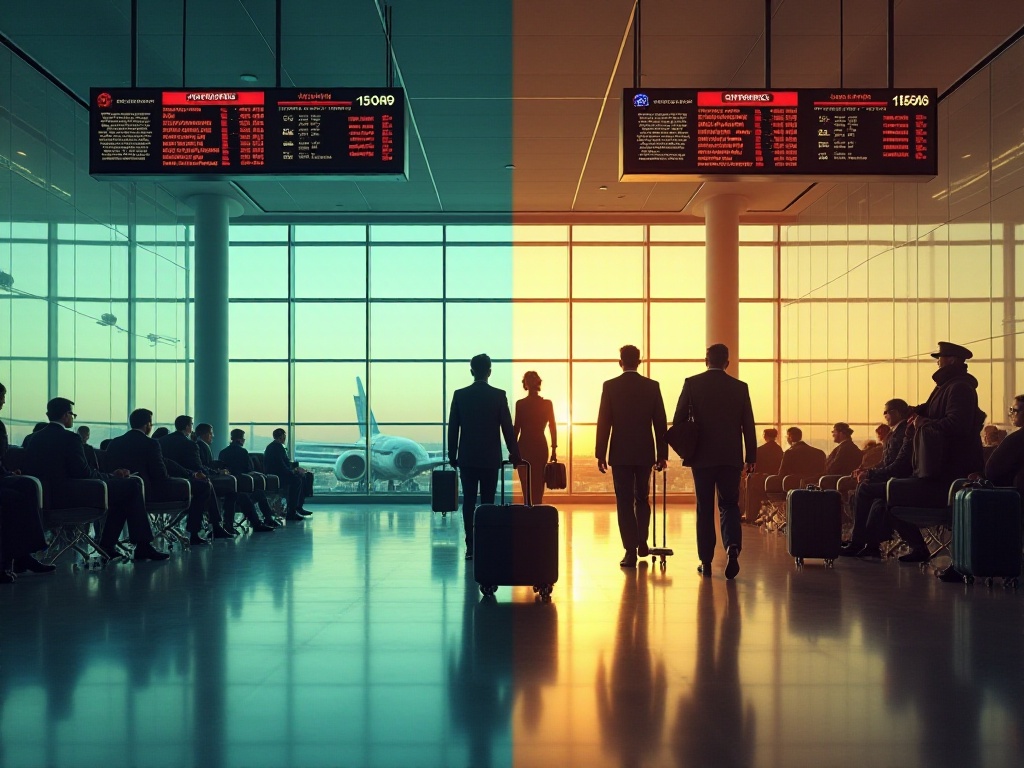
Practical Advice
Through years of helping friends with visa applications, I've gathered some useful tips. First, interview attire needn't be extremely formal, but should be neat and proper. I suggest business casual style, projecting stability without appearing artificial.
Regarding interview language, many worry about their English skills. Actually, visa officers understand not all applicants speak fluent English. The key is clearly expressing your travel purpose and plans. I suggest preparing answers to common questions like "Why are you choosing this time to visit the U.S.?" and "What are your specific travel plans in the U.S.?"
Timing is also crucial. Visa interviews are usually in the morning - arrive 45 minutes early for security screening. I've seen people miss their appointments by arriving late, forcing them to reschedule - such a waste.
Interview mindset is important too. I often tell friends to treat visa officers as normal people and stay calm. I remember being so nervous during my first interview that my palms were sweating, which only led to mistakes. Later I realized visa officers are just regular people doing their jobs.
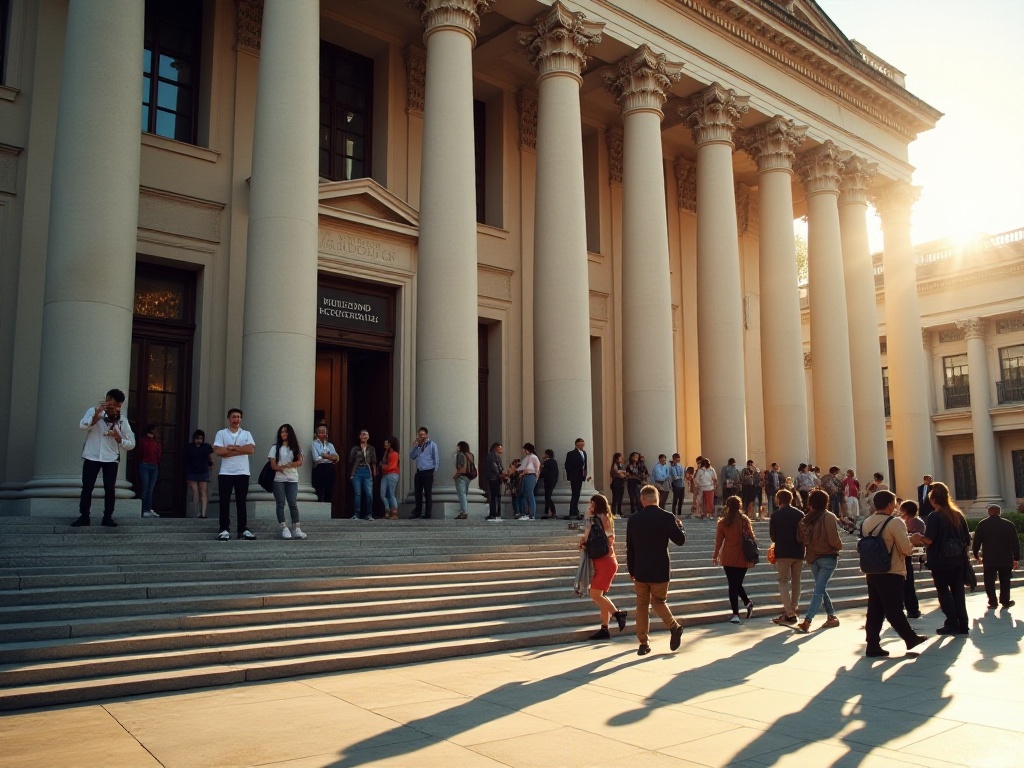
Review and Outlook
Through years of experience, I deeply understand that U.S. visa applications are a process of self-presentation. They test not just your financial capability but your credibility and stability. As I often say, a visa isn't just a simple label but a bridge of trust between two countries.
Finally, I want to say don't overthink the U.S. visa process. If your application purpose is genuine, materials are well-prepared, and attitude is sincere, your chances of approval are actually quite good. As my experience shows, U.S. visas aren't that difficult with the right approach.
Remember, in visa applications, being truthful is always most important. Only genuine stories can withstand visa officers' scrutiny. Ready? Then start your U.S. visa journey!



